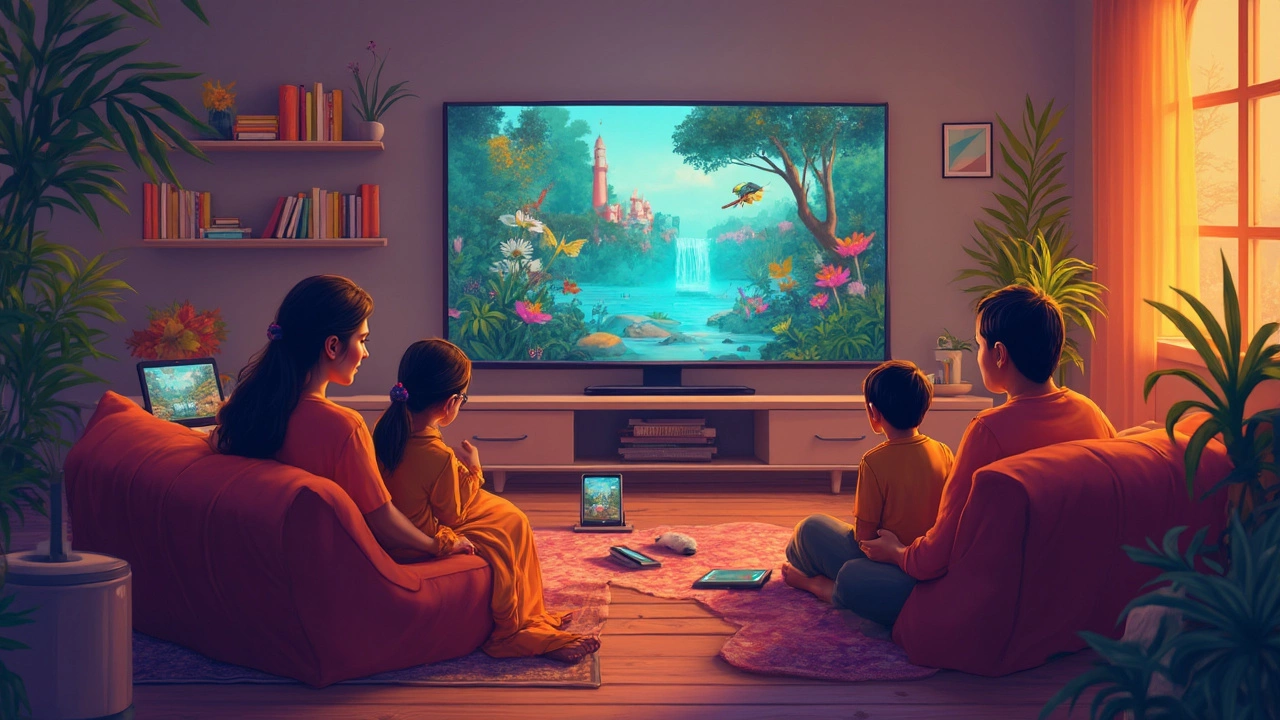Online Education: What It Is, Why It Matters, and How to Start
Ever wondered why online education is everywhere you look? From college students to working professionals, people are swapping traditional classrooms for the internet. It’s not a fad – it’s a real shift in how we learn, earn, and grow.
Key Benefits of Online Learning
First up, flexibility. You can study at 2 a.m., during a lunch break, or while traveling. No need to move to a new city or quit a job. Second, cost. Many courses cost a fraction of campus tuition, and you save on commuting, housing, and textbooks. Third, variety. Whether you want to code, design, or learn a new language, there’s a course for it, often taught by industry experts.
Choosing the Right Course and Platform
Not all online courses are created equal. Start by checking if the provider is recognized – look for accreditation, partner universities, or industry endorsements. Read reviews from real students; they reveal how instructors communicate and whether the material stays up‑to‑date. Look at the syllabus: a clear outline, learning outcomes, and expected time commitment help you decide if the course fits your schedule.
Popular platforms like Coursera, Udemy, and edX host thousands of courses. Most let you audit for free, then pay if you need a certificate. Some offer financial aid or pay‑per‑module options, so you can test the waters before committing.
Once you pick a course, set a realistic routine. Treat it like a class: block out the same time each week, create a dedicated study space, and keep a notebook for key points. Short, focused sessions (20‑30 minutes) often beat marathon study blocks because the brain retains information better.
Staying motivated can be tricky when you’re on your own. Join discussion forums, form study groups, or follow a mentor on social media. Sharing progress and challenges creates accountability and makes learning feel less isolated.
Looking ahead, online education is getting smarter. Artificial intelligence now powers personalized quizzes, instant feedback, and adaptive pathways that adjust difficulty based on your performance. Micro‑credentials—tiny, stackable certificates—let you build a tailored skill portfolio without a full degree.
Ready to give it a try? Pick a short course that interests you, set a weekly study slot, and start small. You’ll be surprised how quickly you can add new skills to your résumé and boost confidence. The world of online education is open 24/7 – all you need is a device and a willingness to learn.



